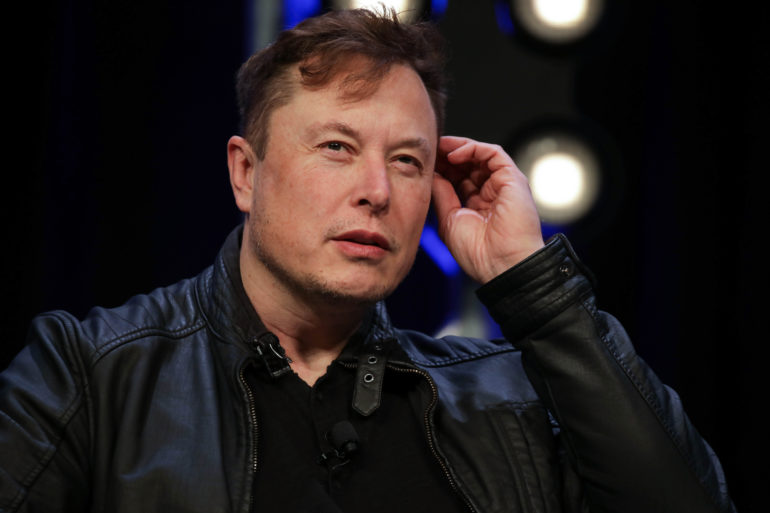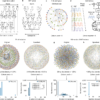WILMINGTON, Del. — Tesla CEO Elon Musk defended his role in the company’s $2.6 billion acquisition of SolarCity in court Monday, arguing there was no controlling pressure on the deal.
Shareholders in the suit allege the 2016 deal amounted to a SolarCity bailout, suing Musk and his fellow board members. While the Tesla board members settled in late 2020 for $60 million, Musk opted to take the fight to court. Musk’s testimony, which began just after 9:20 a.m. ET, kicked off what is expected to be a two-week trial in Wilmington, Delaware, in front of Vice Chancellor Joseph Slights in the Delaware Chancery court.
If Musk loses, he could have to pay upwards of $2 billion. However, in this case, known as a shareholder derivative action, the suit is filed by investors on behalf of a corporation, rather than the individuals or funds. If the plaintiffs win, proceeds may go to Tesla and not to the stakeholders who brought the suit.
The big-picture question the trial will address is whether Musk acted in the best interests of Tesla’s shareholders or whether he was making and urging decisions that would primarily benefit himself, his family and other companies he was involved in, SolarCity and SpaceX.
Musk, who showed up in a black suit, white button-down shirt and black tie, said in his testimony that the acquisition did not amount to a bailout. He also said he didn’t put pressure on fellow board members.
“Since it was a stock-for-stock transaction and I owned almost exactly the same percentage of both there was no financial gain,” Musk told his attorney on the stand. He added that he didn’t control the appointment of board members, their removal or their compensation.
Musk said the SolarCity deal was part of his “master plan,” which he had written in 2006 and was meant to accelerate the advent of sustainable energy.
‘I have great respect for the court, but not for you, sir.’
Musk’s sense of humor was also brought up in court, with Randy Baron, attorney for the shareholders, pointing toward Musk’s self-appointment of himself as “Technoking of Tesla.”
Musk pointed out that Zach Kirkhorn, the company’s chief financial officer, had also been given a new title, called “Master of Coin.” “Let’s not forget that,” he said, seeming smug.
The CEO has a history of cantankerous interactions with attorneys and federal regulators. That was more apparent once Baron began cross-examining Musk. Baron began by showing clips of Musk’s 2019 deposition, in which Musk repeatedly called the suit a waste of time and said Baron was a “shameful person.”
Baron, discussing Musk’s conduct, asked if he was “derisive” in his deposition for any reason and said the conduct was “not for some benefit of Tesla or some benefit to achieve something.”
“I think you are a bad human being,” Musk retorted. He said Baron was “mentored by criminals, then continued to be mentored by criminals.”
“That is why I do not respect you,” he said. “I have great respect for the court, but not for you, sir.”
The two also sparred back-and-forth over the length of Musk’s answers, with Baron calling them unnecessary extended anecdotes that were holding up the day.
Musk’s testimony is expected to continue throughout Monday. The court took a lunch recess around 12:30 p.m. ET and will return at 1:30 p.m.



